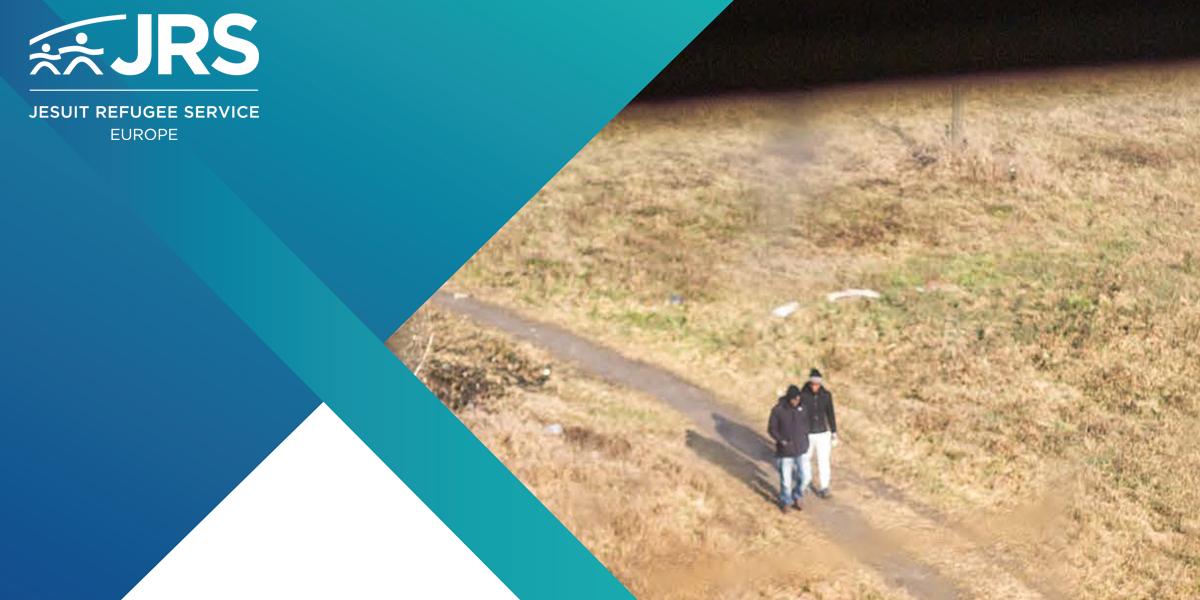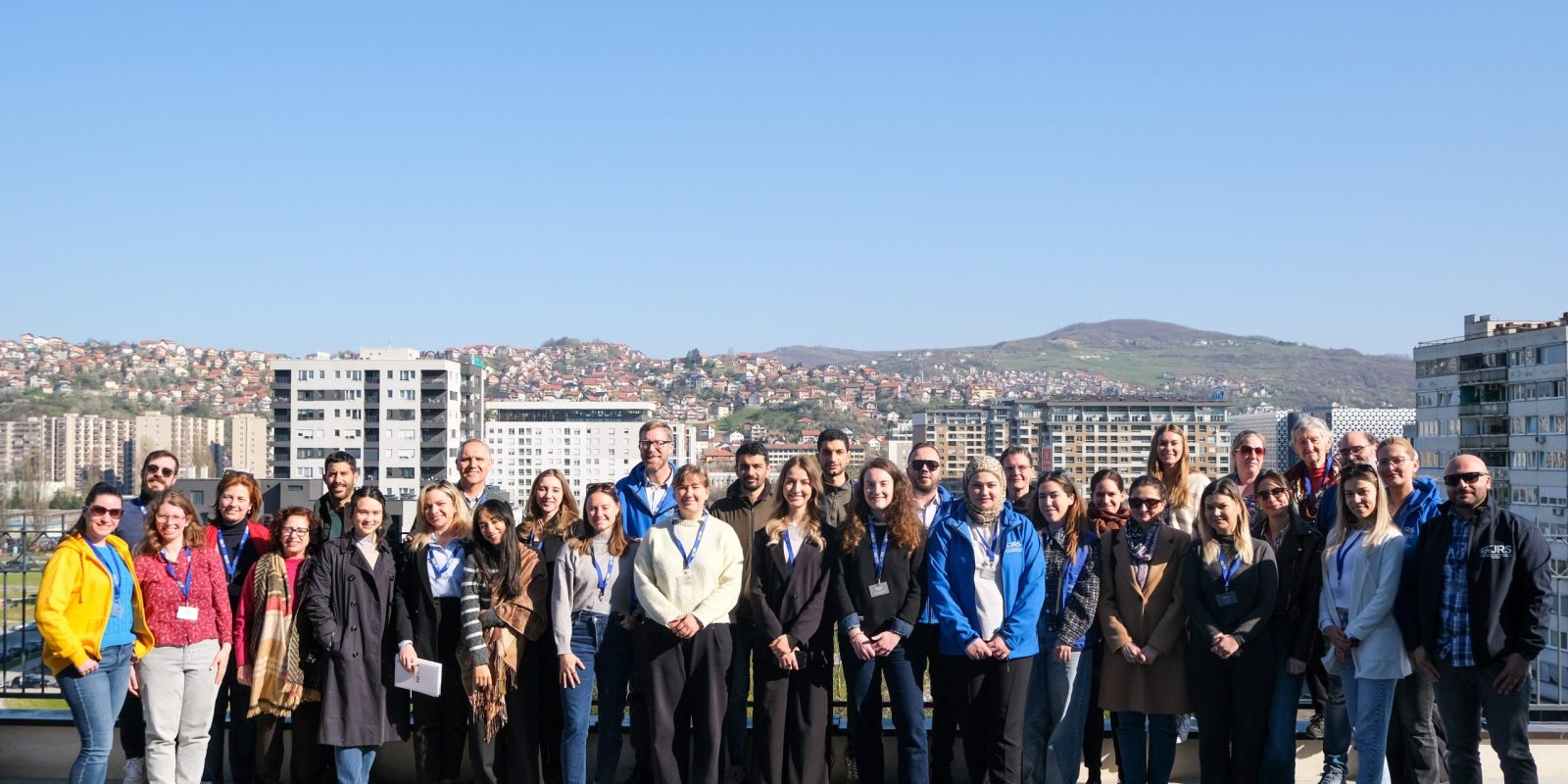Collective centres and no common standards: Recipe for disaster in Covid-19 times
01 July 2021

Across the EU, Member States mostly choose to provide reception to asylum seekers in collective reception centres. The similarities in reception models, however, end there: despite the EU’s attempts to harmonise reception conditions, huge disparities still exist among Member States, and even within the same country.
A ‘recipe for disaster’, concludes research carried out by JRS Europe and its partners. Keeping distances and maintaining adequate sanitary standardas is intrinsically challenging in collective centres, and the lack of common standards and procedures results in highly improvised and different responses as a response to the pandemic.
Collective centres as the preferred model
EU law requires Member States to provide asylum seekers with an adequate standard of living, but does not indicate a preferred model to do so. While some forms of individual reception facilities (such as in houses or flats) exist in several countries, the preferred reception model is based on collective centres.
Moreover, national quality standards are lacking almost everywhere. Where some standards exist, they often fall short due to lack of sufficient investment and control by the responsible authorities. As a result, huge differences exist among centres even within the same country, both in terms of size, sharing of living spaces and living conditions.
Very often these centres can accommodate hundreds of people. Situations of overcrowding were a daily reality well before Covid-19. During the pandemic, the existing lack of privacy and autonomy were aggravated by the impossibility to exercise physical distance and respect hygienic measures. The higher the amount of people with whom one needs to share essential living spaces, the higher the risk of contagion.
Huge disparities in Covid-19 responses
In the absence of common EU or national standards, responses to the Covid-19 pandemic varied enormously across Europe. Reception providers received clear and common guidelines on the measures to contain the spread of Covid-19 in very few countries. Mostly, they had to improvise.
Whole centres were often put under quarantine in the event of positive cases. This practice de facto limited asylum seekers’ freedom of movement more than that of regular citizens. In other cases, people were transferred to other – not always up to standard – emergency facilities. This was often done without giving people any other choice or clear information.
Unsurprisingly, JRS’s partners were unanimous in concluding that facilities hosting people in autonomous living units are better suited to implement Covid-19 prevention-measures.
Covid-19: one more reason to choose for small-scale, individual reception
Privacy and autonomy are key to ensuring more dignified reception conditions, to foster integration and inclusion as well as in the fight against Covid-19. JRS Europe asks European and national authorities to:
- Ensure the monitoring of the compliance with the EU Reception Conditions Directive.
- Establish common quality standards for reception.
- Provide asylum seekers with ‘individual reception’ in apartments, houses or facilities that allow for privacy and self-catering.

